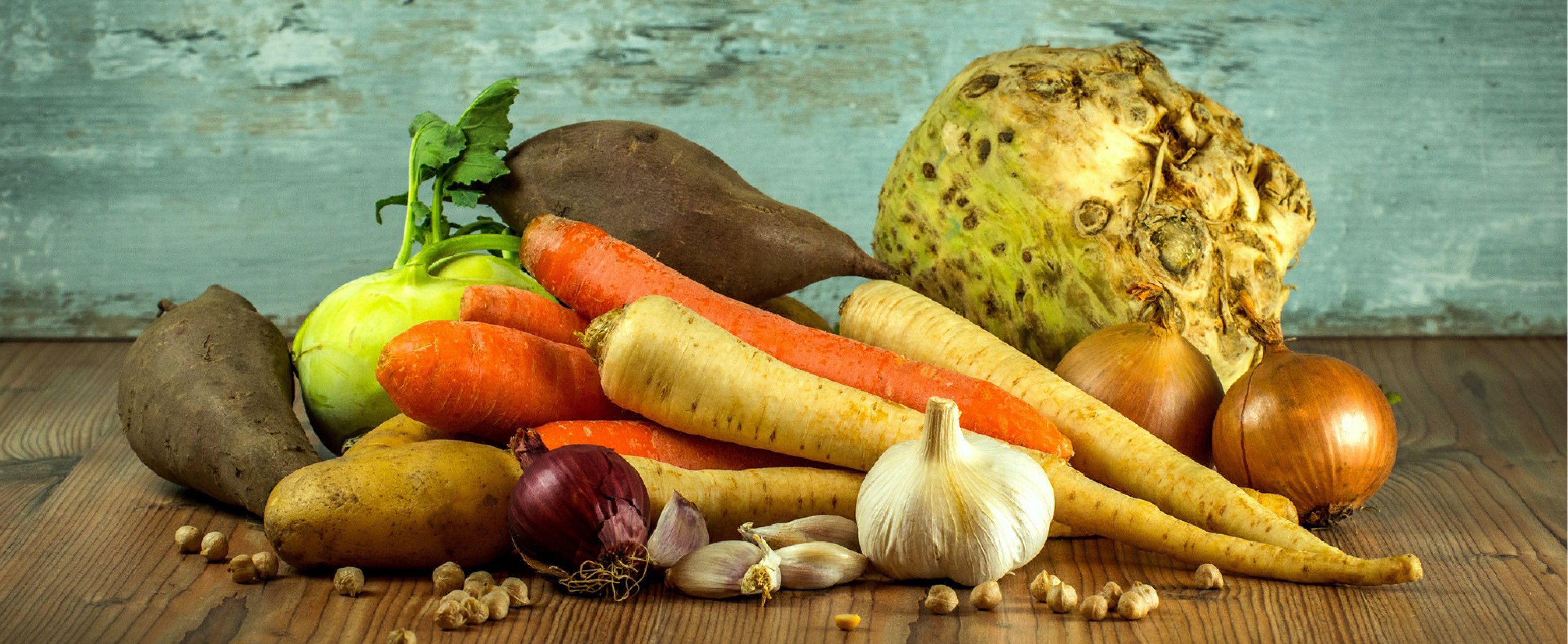The bases of organic farming are the cycles and interactions inherent in nature. For example, no synthetic fertilisers or pesticides are utilised. Regulatory requirements limit how many animals can be kept in a particular area. In Norway, Debio is the organisation responsible for inspecting and approving organic farms and their production.
Political target of 15 per cent organic
The government has set a target by which 15 per cent of food production and consumption will be organic by 2020. Consumers in Norway have poorer access to organic goods than those in many other countries. While the government seeks to improve access to organic goods, they would also like the public sphere to lead the way and take responsibility for choosing environmentally friendly products and products which have been produced to high ethical and social standards. The County Governors must support these efforts.
